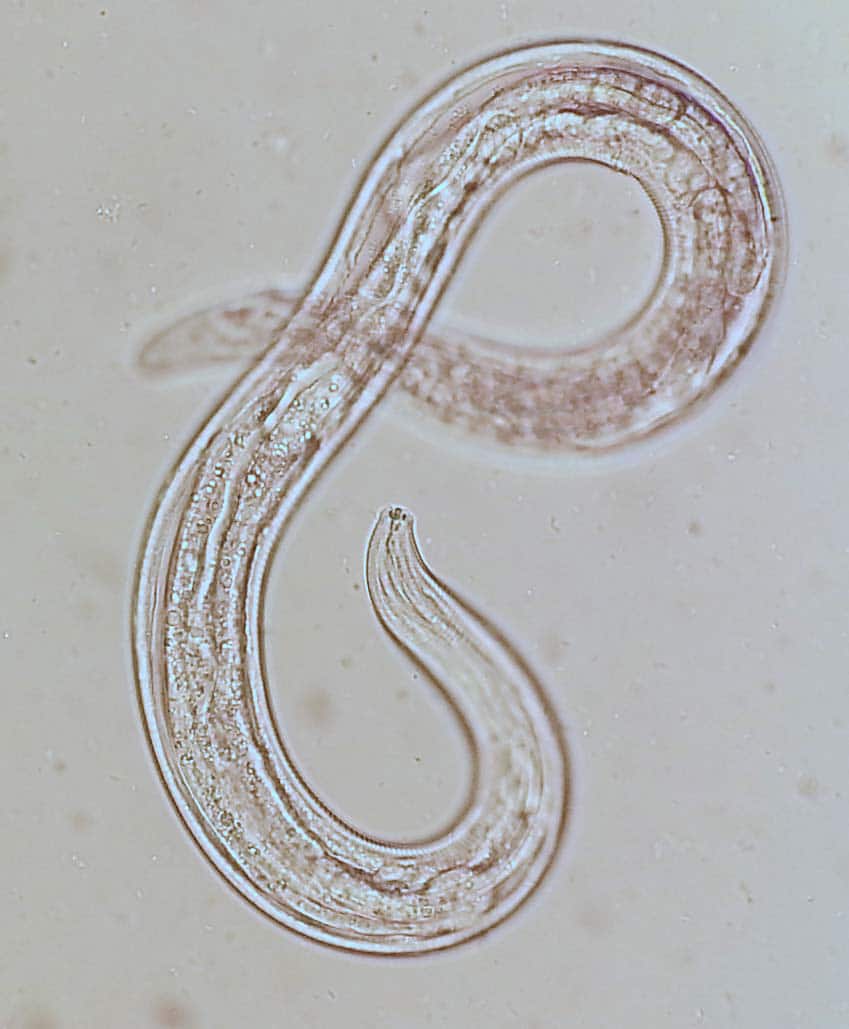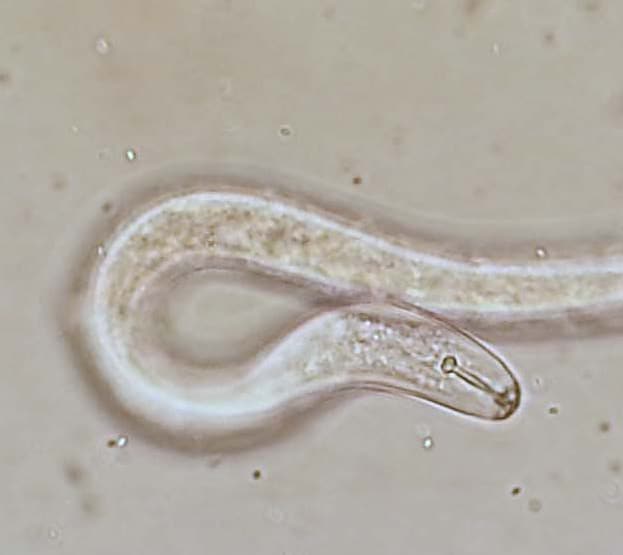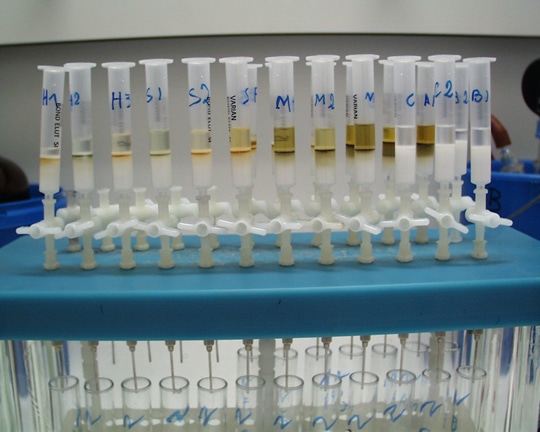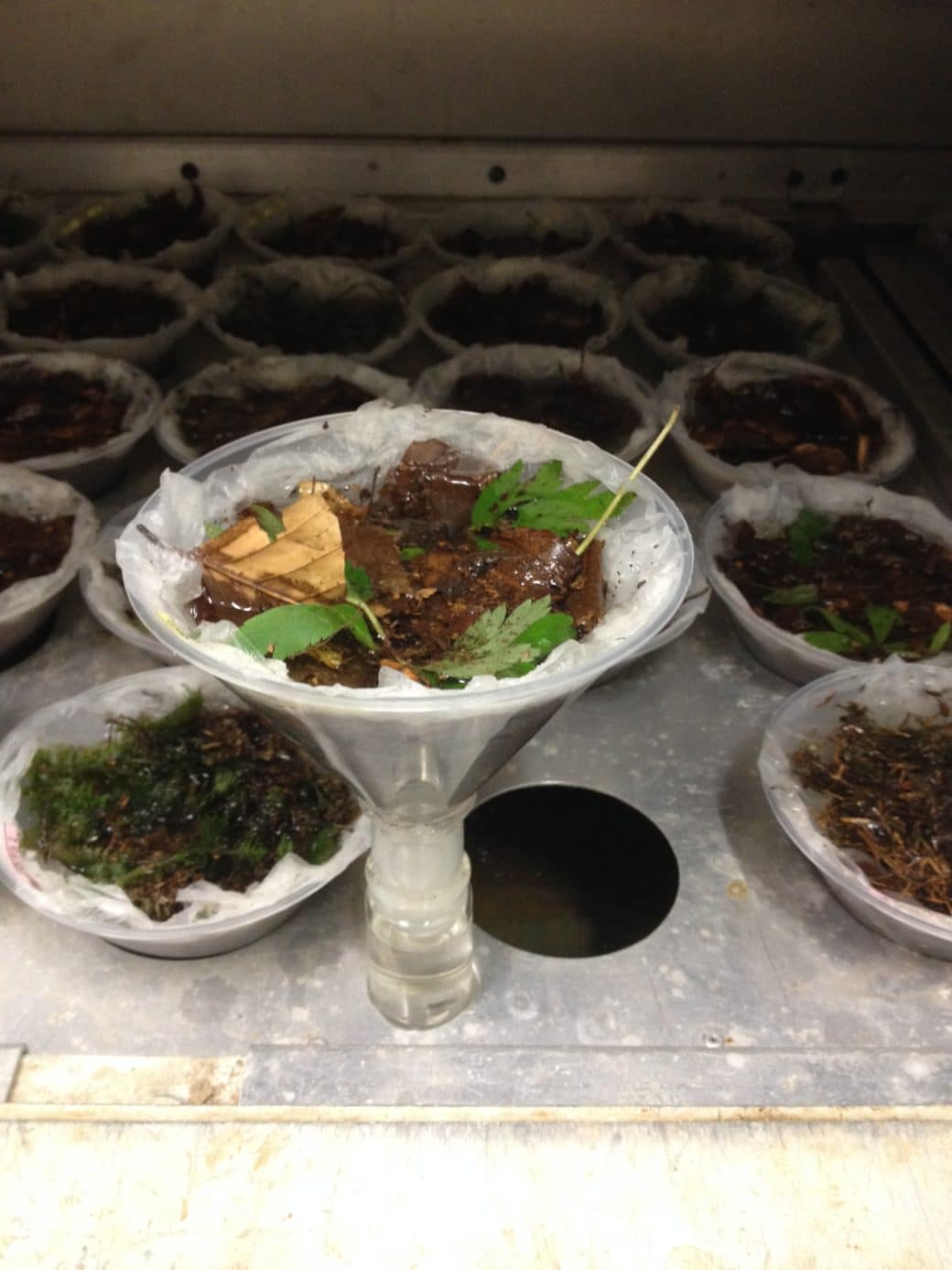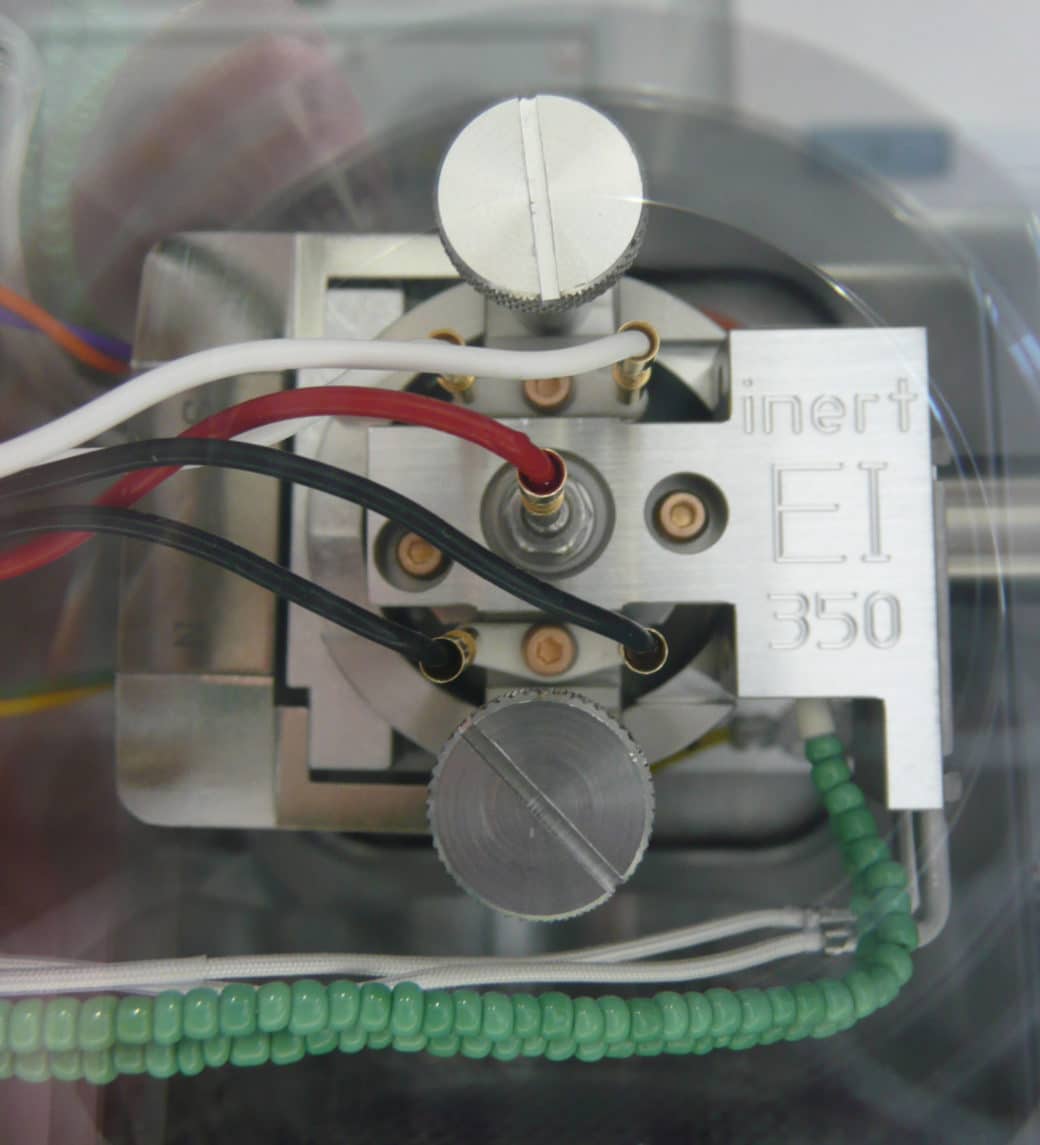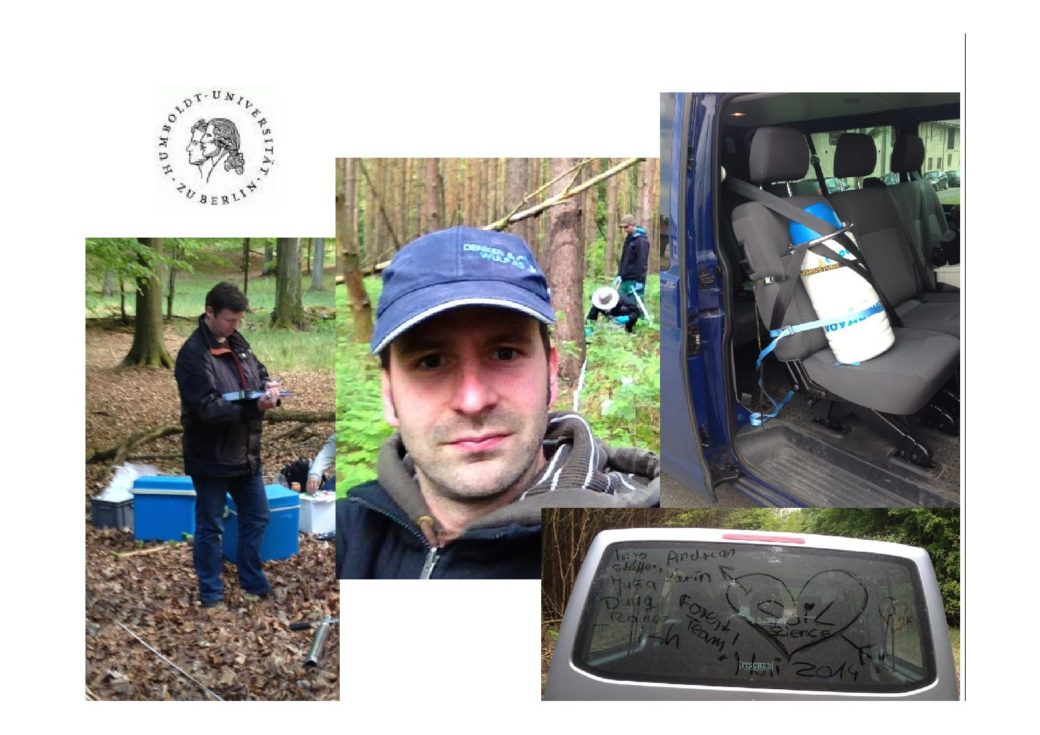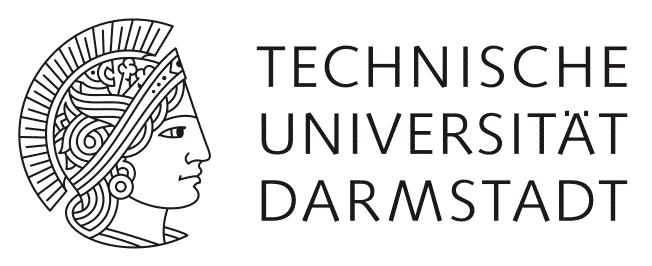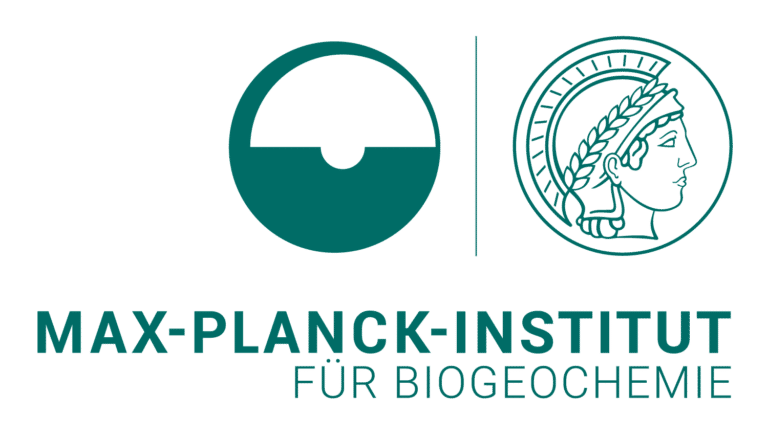Links and fluxes in forest soil micro-food webs under different land use intensity
The project MicroWeb investigates land use effects on the nematode fauna in all forest plots of the three exploratories. The great abundance, coupled with high species and trophic diversity, make nematode a key group in soil food webs. Their communities will be used as indicators for food web conditions and as link between the microbial and faunal web. The work is carried out in cooperation with the projects “Forest Mites” (M. Maraun) and “ForestSoilWeb” (S. Scheu) and complements the below ground faunal analysis. Density and structure of nematode populations are determined and related to their functional roles; key groups in microbial webs (e.g. actinobacteria, fungi, algae) are assessed by lipid biomarkers. Nematodes will serve as entry-level indicators for resource allocation, partitioning and transfer in the micro-food web as modulated by forest land use intensity.
1. Determination of land use effects on structure and function of the micro-food web
Nematodes communities are used as indicators for food web conditions to assign how land use/forest management and the related changes in basal food web resources affect decomposition pathways and energy flux in soil.
2. Linking microbial and faunal food web
Land use effects on the diversity and structure of microbial and microfaunal food webs are linked by determination of whole population lipid profiles for microorganisms and nematodes across forest sites.
